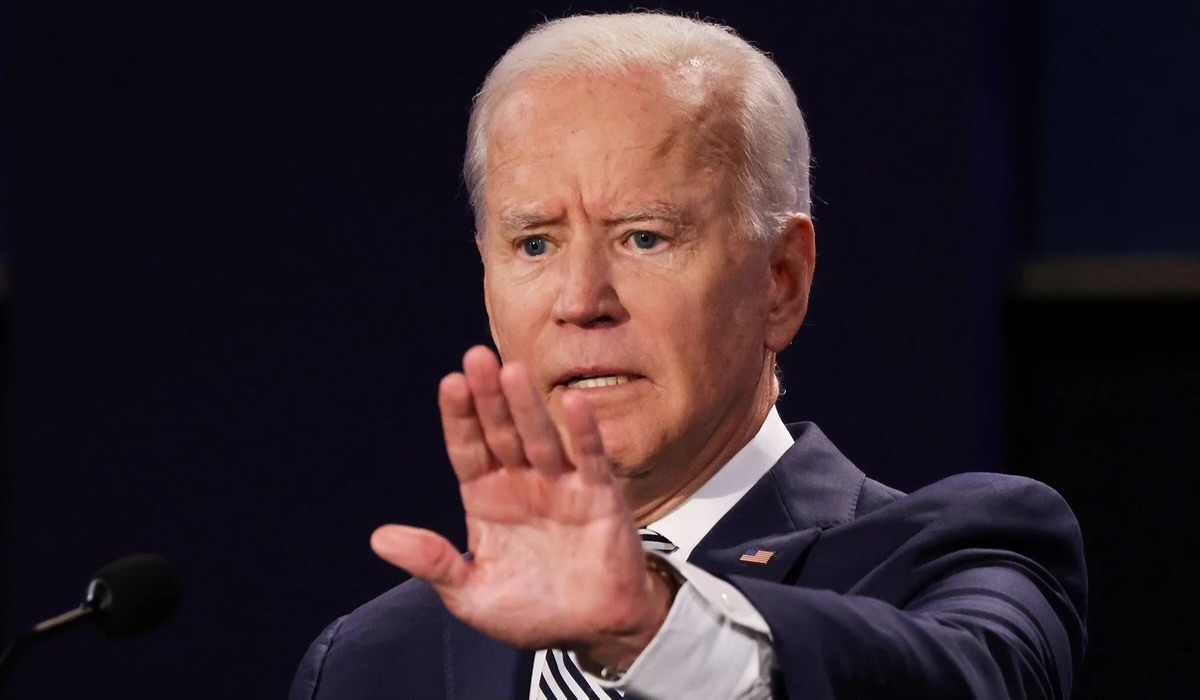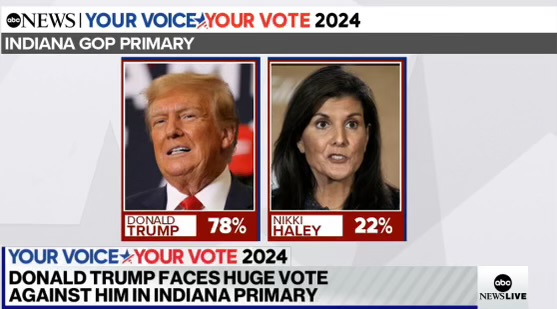

Queen Rania al Abdullah of Jordan recently expressed her views on the U.S. role in the ongoing conflict between Israel and Hamas. According to her, Palestinians and others in the Middle East perceive the U.S. as an “enabler” of Israel during this war. In an interview on “Face the Nation and The Reidout,” she stated that people view the U.S. as being a party to the conflict because Israeli officials claim that without U.S. support, they couldn’t have launched the war.
As a U.S. ally, Jordan has maintained a peace treaty with Israel since 1994. However, Queen Rania, who is of Palestinian descent, rightfully criticized the reaction to the war by the U.S. and other countries. She highlighted what she sees as a “selective application of humanitarian law,” which has led to a “loss of credibility” for the U.S In the eyes of many across the world.
The queen emphasized that while the U.S. is Israel’s closest ally, a good friend should hold another accountable. She pointed out the mixed messages coming from the U.S., which has expressed concern over civilian deaths in Gaza while also providing offensive weapons to Israel for use against Palestinians makes American leadership and the Government look oxymoronic.
Queen Rania urged the international community to use leverage to compel Israel to allow aid into Gaza and bring an end to the war. One way the U.S. could do this, by reconsidering its provision of offensive weapons to Israel.
Additionally, Queen Rania highlighted the devastating toll the war has taken on the Arab world. Gaza has become “unrecognizable” over the last seven months due to Israel’s prolonged bombardment. The humanitarian crisis has escalated, with the Hamas-run Health Ministry reporting at least 34,000 deaths, although it does not differentiate between civilians and combatants. The queen emphasized that while Hamas does not represent many people in Gaza, Palestinians have been dehumanized over decades by Israel allowing for the justification of unjustifiable actions. She also advocated for a balanced approach to the conflict. ~Balance Due






